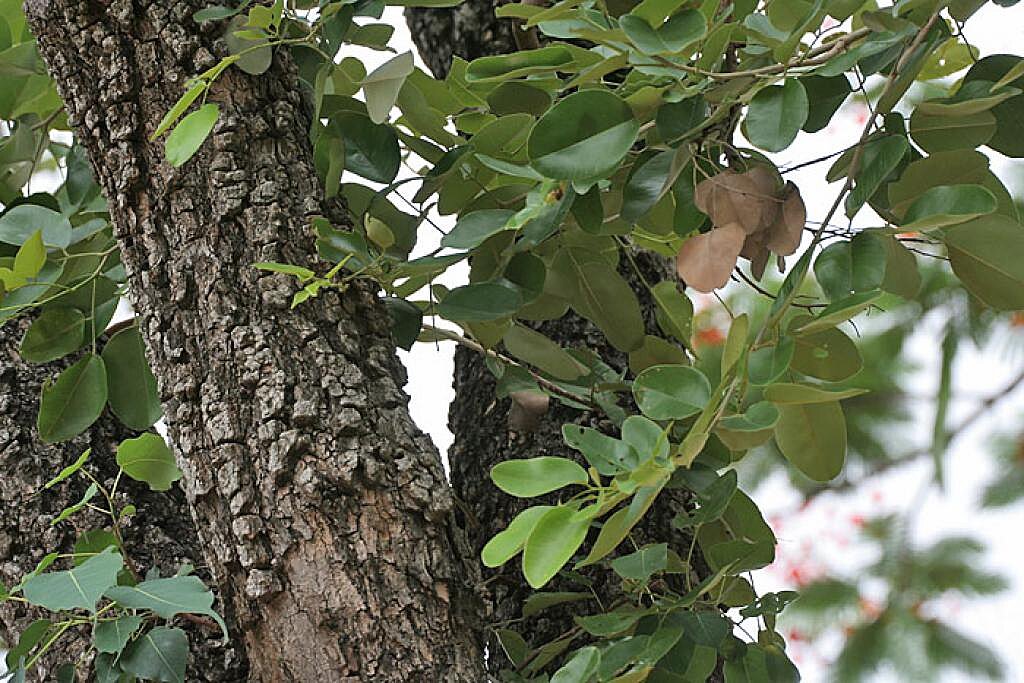Important Facts For Prelims
Red Sanders
- 11 Jan 2022
- 2 min read
Why in News
The International Union for Conservation of Nature’s (IUCN) recently categorised the Red Sanders (or Red Sandalwood) again into the ‘endangered’ category in its Red List.
- It was classified as ‘near threatened’ in 2018.
Key Points
- About:
- The species, Pterocarpus santalinus, is an Indian endemic tree species, with a restricted geographical range in the Eastern Ghats.
- The species is endemic to a distinct tract of forests in Andhra Pradesh.
- Red Sanders usually grow in the rocky, degraded and fallow lands with Red Soil and hot and dry climate.
- Threats:
- Illicit felling for smuggling, forest fires, cattle grazing and other anthropogenic threats.
- Red Sanders, known for their rich hue and therapeutic properties, are high in demand across Asia, particularly in China and Japan, for use in cosmetics and medicinal products as well as for making furniture, woodcraft and musical instruments.
- Protection Status:
- IUCN Red List: Endangered.
- CITES: Appendix II
- Wildlife (Protection) Act 1972: Schedule II
Sandalwood Spike Disease
- It is an infectious disease which is caused by phytoplasma.
- Phytoplasmas are bacterial parasites of plant tissues — which are transmitted by insect vectors and involved in plant-to-plant transmission.
- There is no cure as of now for the infection.
- Presently, there is no option but to cut down and remove the infected tree to prevent the spread of the disease.
- The disease was first reported in Kodagu, Karnataka in 1899.
- More than a million sandalwood trees were removed in the Kodagu and Mysore region between 1903 and 1916.







